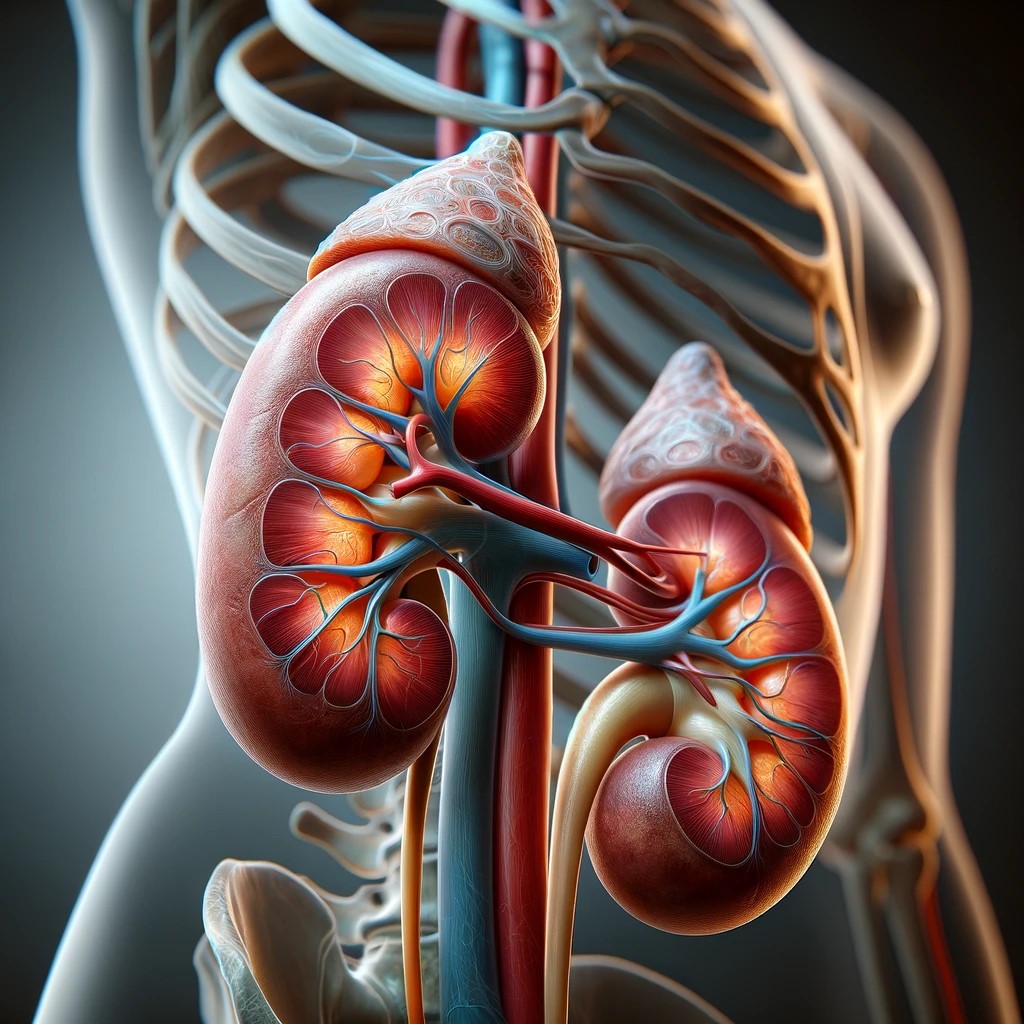Efforts to resolve lawsuits stemming from health issues caused by toxic water at Camp Lejeune are gaining speed. The U.S. Department of Justice and the Department of the Navy have streamlined the application process, aiming to expedite settlements for affected individuals.
Over 93,000 people have filed claims against the government due to health problems linked to contaminated water at the military base in North Carolina. These claimants, who were stationed or worked at Camp Lejeune between 1953 and 1987, may now opt for a faster resolution through the newly introduced Elective Option.
Under this option, eligible claimants stand to receive payouts ranging from $150,000 to $450,000, with an additional $100,000 offered in case of exposure-related deaths. The Elective Option provides a swift avenue for qualifying claimants to obtain relief under the Camp Lejeune Justice Act, according to Associate U.S. Attorney General Vanita Gupta.
The Justice Department and the Navy will reach out to individuals eligible for the Elective Option, who will then have 60 days to decide whether to accept the offer or pursue further legal action. While a precise timeline for settlements has not been disclosed, officials assure that prompt resolutions will follow claim acceptance.
Despite ongoing processing of approximately 18,000 claims by the Navy, a backlog persists, prompting concerns raised by U.S. Sen. Marco Rubio in May 2023. Navy officials cited the need for increased resources, including funding and staff, to manage the influx of claims effectively.
The surge in claims followed President Joe Biden’s announcement of the Camp Lejeune Justice Act of 2022, enacted as part of the PACT Act in August 2022. This legislation empowers individuals harmed by Camp Lejeune’s toxic water to seek legal recourse against the federal government.
The water contamination at Camp Lejeune, attributed to contaminants such as trichloroethylene (TCE) and perchloroethylene (PCE), resulted from both on-base and off-base chemical spills. Notably, a local dry cleaning business’s improper waste disposal contributed to the contamination, leading to its designation as a U.S. Environmental Protection Agency Superfund site.
The toxic water, which supplied various base facilities, including hospitals, barracks, and housing, has been associated with numerous severe health issues, including adult leukemia, birth defects, cancer, and neurobehavioral effects. A study published in the Journal of the American Medical Association in May highlighted a 70% increased likelihood of Parkinson’s disease diagnosis among individuals stationed at Camp Lejeune compared to their counterparts elsewhere, emphasizing the enduring health impacts of the contamination.



















